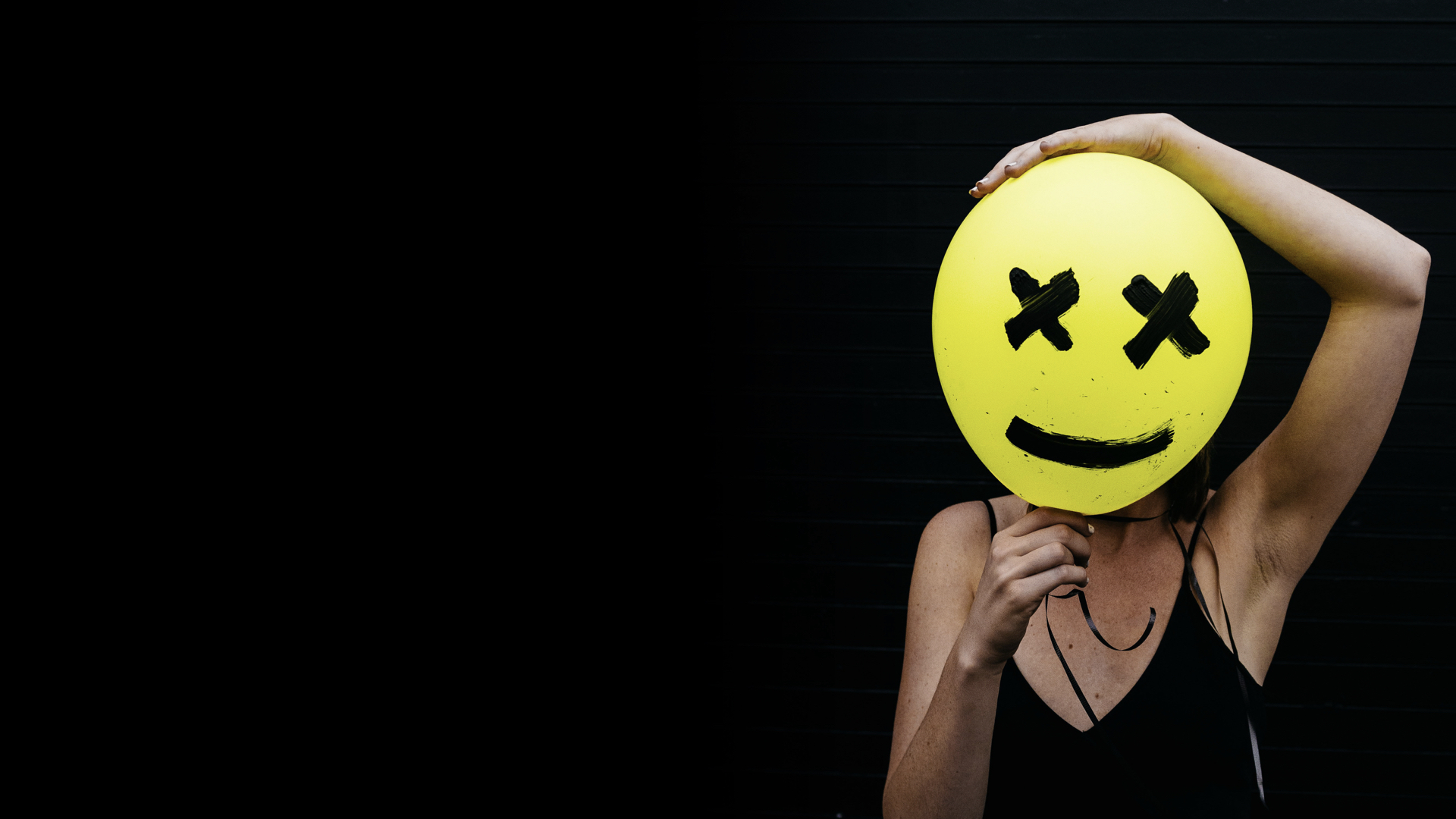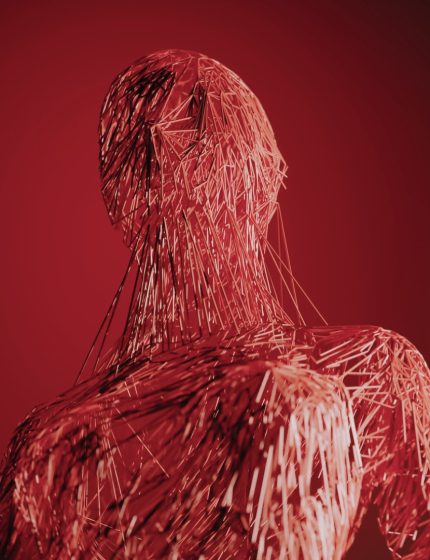What do you do when your marketing strategy relies on celebrities or influencers to promote your product? With the increasing irrelevance of celebrities since COVID-19, and especially since the lockdown, will brands that use influencers be able to survive?
There has been a general feeling that celebrities have far less relevance in today’s society than at the start of the year. With the global shift in focus towards health workers, governments and the real heroes helping combat Coronavirus, what do celebrities or influencers bring to the table? In short, not much.
When COVID-19 was still in its relative infancy and Tom Hanks was diagnosed it made widespread news. However, if you fast-forward two months headlines are nearly non-existent for any celebrity related activity, at least anything positive.
We’re (not) in this together
Perhaps, what is driving a gap between ‘us and them’ is that for the majority of people, self-isolation and not being able to work can have serious long-term implications financially, emotionally and physically. Where there is a feeling that a celebrity self-isolating in their mansions and big bank accounts, don’t really have it all that bad.
Does this in turn create a sense of resentment, and drive a stake through our desire to aspire to become them? Can we really see ourselves bridging that gap with how far behind many will be once the lockdown is lifted?

Losing touch with reality
The ability of an influencer to successfully lure you into buying (or believing in) what they are promoting is largely based on authenticity and trust. Although we know that there really isn’t anything authentic about being paid to promote a product… what is true is that influencers can seriously damage their own image (and that of brands they represent) very easily.
Using this global health crisis as a platform to promote themselves and their products can often be met with sharp criticism which can have a lasting impact on their status. Even if what they do isn’t directly related to a brand or product, if they come across as insensitive, they can quickly move from someone people look up to, to someone who they disrespect.
Arielle Charnas (someone I’ve never heard of) decided she would broadcast to her 1.3 million followers how she was able to get tested for COVID-19, as well as document her move to the Hamptons and unboxing of Louis Vuitton products.
In a time where the average person is struggling to survive and the ability to get tested is minimal, flaunting privilege is a sure-fire way to put people off.
Knock-on effect
And so, with brands who use influencers or celebrities to promote their products, they are walking the fine edge of insensitivity by using influencers to sell products during a time where so many are barely able pay bills or buy food for their families.
What happens to those brands? Do they drop the influencers and become more authentic and reach out to their customers in other ways? Do they pause all together and hope that when this gets back to ‘normal’ they can pick up where they left off?
In either approach, not using an influencer by default renders that person irrelevant if they have nobody or nothing to influence. This then causes cracks in the whole advertising model, and means those individuals are going to have to find new ways of earning a living, and companies finding a new strategy to employ.
Real authenticity
I’m not saying this will collapse overnight, or that there isn’t a place or role for influencers. However, what is evident is that in times such as these, society’s focus can so quickly and dramatically change from what we thought was a stable and acceptable status quo.
We’ve seen (at least in the UK) how society has shifted their focus to Key Workers. Largely the health workers in the NHS, but also anyone working in the food industry, logistics etc.
Campaigns are emerging featuring the real heroes of this crisis. Now, more than ever we know the names of ‘normal’ people who have risked (and lost) their lives to help fight the pandemic.
Is this a signal of a need for real authenticity? Does this shift in the average consumers’ idea of essential vs non-essential mean that marketers are going to have to change approach to really connect with their audience?
The playing field has changed
Brands will need to change with it. They will need to be sensitive, authentic (actually, not superficially) and understand on deeper mental and emotional levels what drives their customers.
The extreme impact the virus has had on health, and the lockdown has had on the economy means that things won’t be the way they were before.
We will need to look closely at how people buy and consume goods. Will trust of big brands, or multi-national conglomerates crumble under a legacy infrastructure and a new wave of support for local businesses emerge? What role will influencers or celebrities have in that new way of working where, presumably, the budgets won’t allow for such spending?
Time will tell, but what is certain is things won’t go back to “normal”.
If you currently use influencers as part of your marketing strategy, it would be wise to evaluate what percentage of your budget and activities are spent on them. Having a plan now on how you will pivot your marketing strategy is essential to surviving in the long-run.
Free Support!
If you need any support with marketing your business, revamping your website or solidifying your brand, feel free to contact us. We are offering a free consultation on your website and marketing strategy while the lockdown continues.

